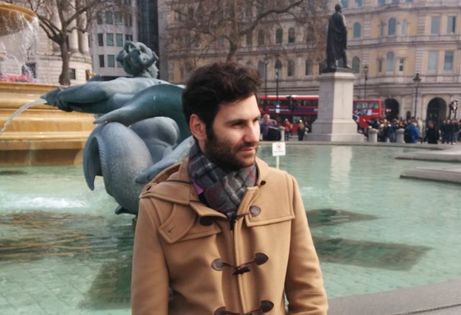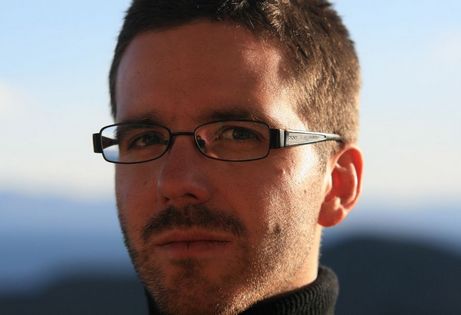The project “Le Diasema” is located at the University of Liège (Place du 20 Août, 7 – B-4000 Liège, Département des Sciences de l’Antiquité). This project is part of the Research Unit “Mondes Anciens” and it is supported by a Marie Curie BeIPD postdoctoral fellowship from the European Commission (University of Liège; Dec. 2016 – Dec. 2018). It involves two specialists of Ancient Greek and Ancient Egyptian respectively.
Thanasis Georgakopoulos is the grant holder of the Marie Curie postdoctoral fellowship at the University of Liège (ULg). He holds a B.A. in Greek Philology, and a M.A. as well as a PhD in Linguistics from the University of Athens. In his dissertation entitled “Diachronic Semantic Analysis of the Ancient Greek Allative Preposition eis: A Cognitive Perspective,” he traces the semantic development of eis relying on the analytical tools of historical and cognitive linguistics. His current research interests focus on Historical Semantics, Lexical Typology, Semantic Maps, Linguistics of Space, Event Perspectivation, and Construction Grammar approach to the semantics of motion verbs. In the past, he was employed as a postdoctoral fellow at the Aristotle University of Thessaloniki, the Free University of Berlin (Excellence Cluster 264 Topoi), and the University of Kassel. As of 2012, he has taught courses on semantics, pragmatics, historical linguistics, cognitive linguistics, and Linguistics and Archaeology at the Aristotle University of Thessaloniki, the Humboldt University of Berlin, the University of Kassel, and the University of Münster.
Stéphane Polis is Research Associate at the National Fund for Scientific Research (Belgium) since 2012 and President of the Department of Ancient Studies at the University of Liège (2016-). After a M.A. in classical studies (2002) and a M.A. in Oriental studies (2004) at the university of Liège, he was awarded a Master of Advanced Studies in general linguistics (2005). He combined the philological and linguistics dimensions in his PhD entitled “Modality in Late Egyptian” (Liège, 2009). His fields of research are Ancient Egyptian linguistics, and Late Egyptian philology and grammar. His work focuses mainly on language variation and language change in Ancient Egyptian, with a special interest for the functional domain of modality, grammaticalization processes, and diachronic lexical semantics. He supervises the development of the annotated corpus of Ancient Egyptian Ramses Online at the University of Liège (with Jean Winand).


